Precisely what is Useful Scientific disciplines?
Useful technology is groundwork that helps all of us better be familiar with world around us and develop skills we can use to improve that. Whether is considered developing fresh solar cells, diagnosing mental health and wellbeing disorders or perhaps understanding how the mind works, scientific discipline isn’t merely interesting ~ it’s important. And while we may not always see how a new discovery will help us, there’s usually a scientist anywhere working on something that we would not be able to picture existence without in just a few decades.
Experts are responsible not for doing experiments in controlled conditions, but also for connecting their do the job to the open public. But it really is a daunting activity. It’s easy for science to be misinterpreted, and not merely when researchers are trying to match their results into a preconceived world view mpgpress.com/the-new-breakthrough-in-the-global-pharmaceutical-industry/ (e. g., Newtonian physics or perhaps the link among lead advertising mileage and dementia). More often it occurs when groundwork results are accustomed to support vested interests. For instance , the moment researchers share data that contradict a preferred take on environmental chemicals, they often turn into targets of unreasonable criticism or violence with the target of curbing their job. Or when a researcher’s results are used to justify limiting the exposure more to harmful substances, simply because happened with John Snow’s cholera investigate in the mid-nineteenth century.
To counter this, Sarewitz argues that curiosity-driven research has created only two fundamental innovations of transformative power within the last century or so — segment mechanics and genomics — and that logical productivity would be improved by steering experts toward issues that have practical applications. Although his disagreement overstates the truth for tool. Scientific improvements that would not immediately produce products and services include antibiotics, plate tectonics, nuclear transmutation and fusion, the X-ray tactics that broken the set ups of GENETICS and aminoacids, monoclonal antibodies, gene enhancing, and the theory of development.

